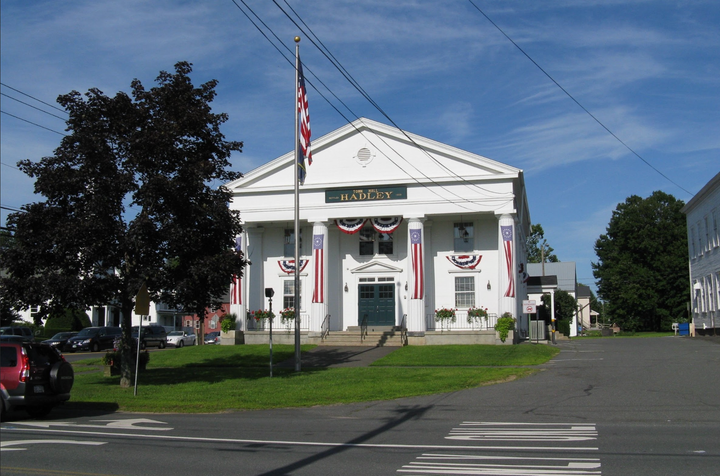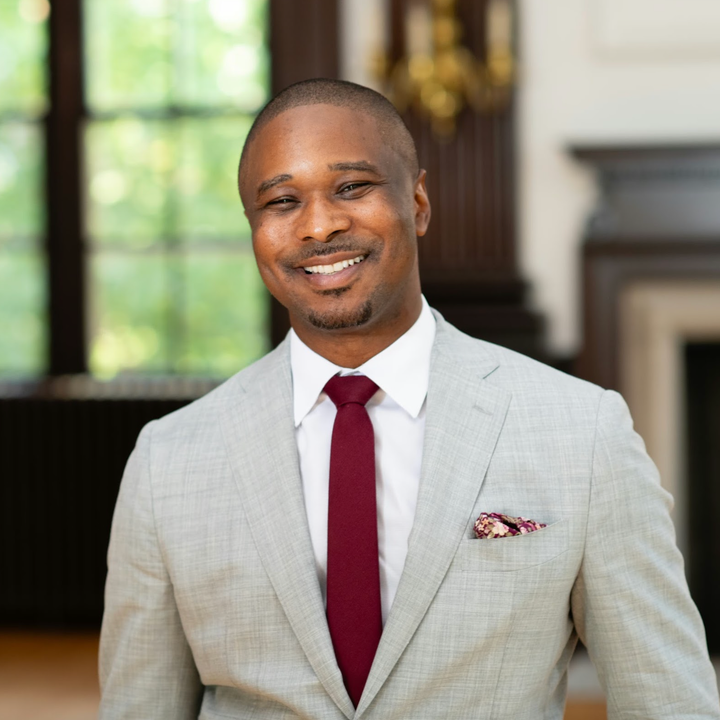Marx dispels requirements rumors
Marx immediately dispelled the misconception, assuring students that there is no reason to suspect a hidden agenda aimed at implementing such curriculum changes. He did, however, remind students that the College is about to enter into an evaluation period, as marked by the creation of the Committee on Academic Priorities (CAP). “The College is about to enter a rather in-depth process of evaluating itself to think about what the future of the college should be,” he said. “Let me reassure you that I have not yet heard anyone make an argument for a mechanical distribution requirement nor have I heard an argument for a core curriculum.”
While Marx quelled any rumors about a planned curriculum change, he seemed intrigued that students so actively discuss the positive and negative impacts that would result from instituting curricular requirements.
Throughout the meeting, Marx facilitated discussion about arguments for and against a shift away from an open curriculum. “Tell me why students feel strongly about an open curriculum?” he asked. One argument against both a distribution requirement and a core curriculum was the limited amount of time students have during their four years at the College to explore classes and departments in which they are actually interested. “I don’t want to go back to public high school where you get 20 extra kids in an English class who don’t care about English at all,” said Jacob Maguire ’07 during the discussion.
Marx agreed with Maguire’s argument against a core curriculum and reaffirmed the notion that no institution wants students to take classes that they do not want to take, particularly because even the best professors cannot fully engage disinterested students.
Another argument against a distribution requirement or a core curriculum was the possibility of faculty over extension. Faculty members might have to teach classes they do not necessarily want to teach.
Despite reasons against instituting a core curriculum, Marx reminded students that there may never be an end to dialogue about curriculum. “The discussion about curriculum is a conversation that never stops,” he said. “Amherst has had an open curriculum for a generation. I see no evidence that it is moving away from that, and yet, it is what everyone wants to talk about. The minute we open a conversation about the future of the College, [curriculum] is what, appropriately enough, is the fundamental issue that everyone turns to.”
Approximately 15 percent of students at the College choose to not take any math or science classes. For example, the ability to select courses is what many students said attracted them to the College. “One of the things that drew me to Amherst was the amount of respect given to students’ ability to choose courses themselves,” said Shannon Dobson ’06.
According to Marx, it is a challenge for the faculty to come up with courses that will intrigue and attract students. “I happen to believe that a more interesting way to think about what undergraduate education should look like is not to impose a cookie cutter answer, but to do what Amherst has a tradition of doing, which is providing great courses that the faculty are exited about teaching and that the students are excited about taking,” he said.
Following the discussion about curriculum changes, there was discussion about the way students and faculty at the College act as a community.
Rob Cobbs ’06 commented on what he believes to be an interesting balance between the responsibility and expectations of students at the College. “Amherst intrigues me as a place where students are essentially treated as adults,” he said. “It’s a place where people who have the skills to become great leaders [can] screw up and fall down and learn from it.”
Students also expressed concerns about the harshness of Campus Police. When the question about the consequences of misconduct and bad behavior came up, Marx addressed the issue with certainty. “Imagine if I said ‘no more punishment’-the lesson that people would take would be that they could get away with murder,” he said.
Another topic of discussion was the new tradition of having students sign the Honor Code. Marx reminded students that, although the College has never asked students to sign the code in the past, the code itself is not new. “The Code of Conduct that the freshman signed onto is an old code of conduct that has always been on the books,” Marx said.
College administrators and an ad hoc Honor Code Committee suggested that all incoming students sign the code in hopes that a greater self consciousness of the code would help reverse the trend of increased incidents of cheating. Students voted in favor of the Honor Code in a referendum.
Finally, one student posed a question about Marx’s position on enhancing economic diversity at the College. Marx asserted his argument for short-term goals in promoting such diversity. “I believe that even while the College should try to do what it can, in the meantime there are lots of students out there who could get into Amherst,” he said. “We have to find them and convince them that Amherst is a viable option for them. We need to think about how to find these potential students.”
Marx reminded students that the road to economic diversity will not be easy. “It requires admissions commitment; it requires faculty commitment in terms of education; it requires a dean and staff commitment in terms of socializing and supporting and it requires alumni and trustee commitment to pay for it,” he said.




Comments ()